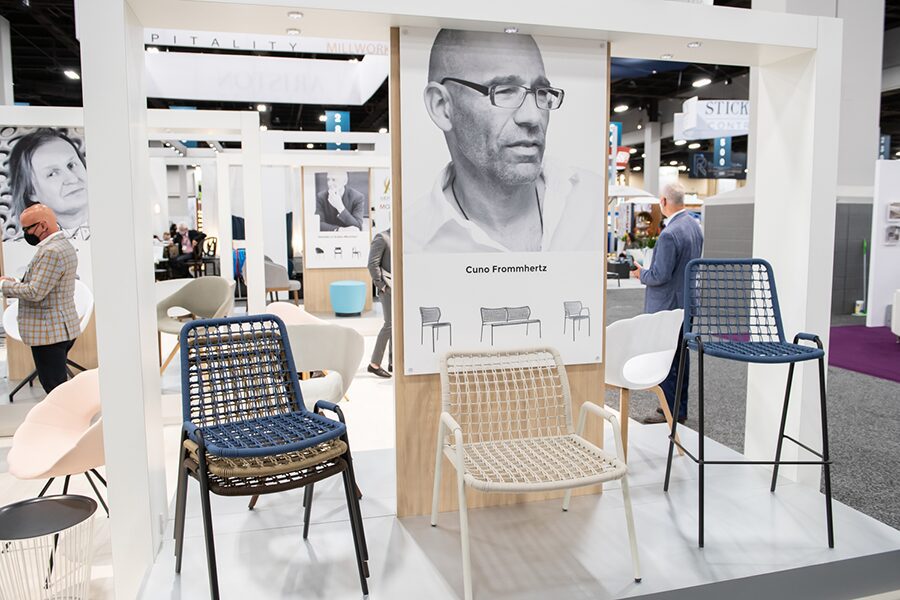For the ninth consecutive year, Brazil’s urban and condo hotels have witnessed RevPAR increases, according to Jones Lang Lasalle. Despite slow growth in the Brazilian economy, hotels garnered 0.4 percent and 6.7 percent increases in occupancy and ADR, respectively, in 2013. As a result, the 6.7 percent RevPAR growth in 2013 outpaced the country’s 5 percent inflation rate.

In 2013, Brazil witnessed its total number of hotels grow by 2.4 percent, while the number of national and international chain-affiliated hotels grew by almost 12 percent. This has led to a more structured and competitive market. However, the new supply coupled with slow economic growth has led to a somewhat stable year-over-year occupancy. 

The increase in ADR in 2013 represents some softening in growth compared to what the sector experienced in the previous two years, due to a decline in occupancy in the first months of 2013. 

Some operating expenses, especially payroll and cost of goods sold for food and beverage, showed significant increases. However, hotels are focusing their efforts to reduce costs through investments in technology and other operational efficiencies, which contributed to a decrease in utilities costs by approximately 6 percent in
2013 compared to the prior year. Hotels’ ability to manage expenses led to increases in gross operating profit (GOP), which grew 6.2 percent in 2013 compared to 2012. Average profit margins in 2013 increased to 36.6 percent of total revenue, versus 35.6 percent of total revenue in 2012.


